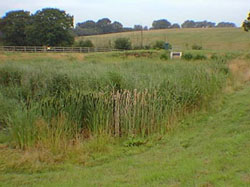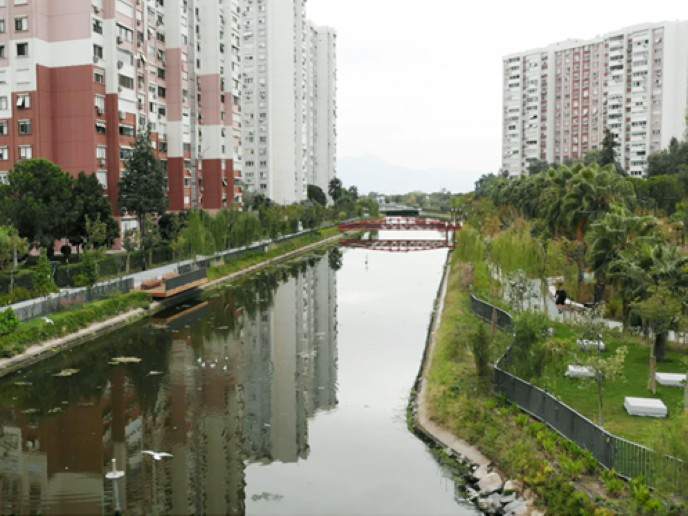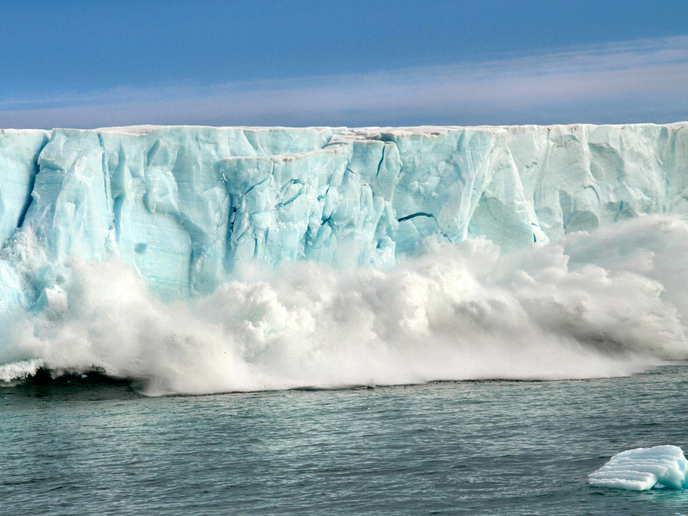Storm water management gets best practice review
Treatment and control of storm water in urban settings is a relatively involved process - one in which a veritable wealth of information has been collected from a widespread collection of sources. Geographically dispersed sources across Europe have collected a body of information that now needs to be assessed from the perspective of best management issues. The DAYWATER project therefore set out to compile a report on the BMP of storm water emphasising the design, operation, maintenance and costing, looking at the various systems currently implemented across Europe. It noted that while systems varied in practice, there also appeared to be common trends. For example rainwater harvesting was seen as a popular trend in Germany and France, but practised to lesser degrees in Italy, Spain and Greece, whereas cleaning streets was universal. Nonetheless, the report compiled best management principles with various differences in mind, accounting for such factors as particle settling characteristics, effective runoff, infiltration capability and pollutant removal to name a few. In doing so, multiple effective BMP models were designed and the report provides comprehensive literature showing the best methods for treating and controlling storm water. While further research will be needed on quantifiable sustainability, the report still serves well in providing a clear idea of which BPM works best for northern European and temperate regions.







